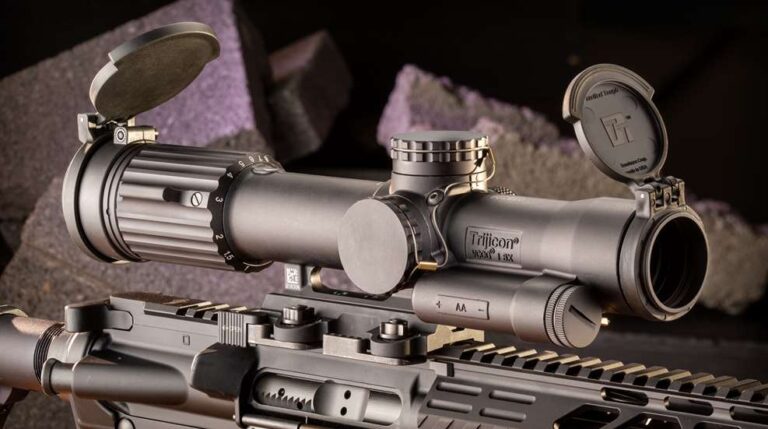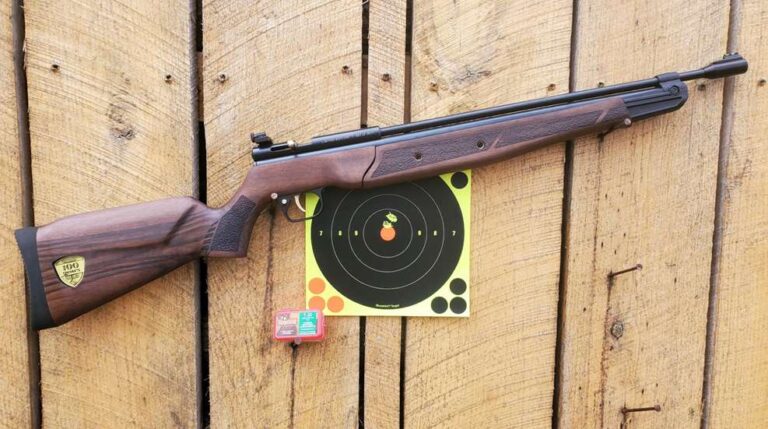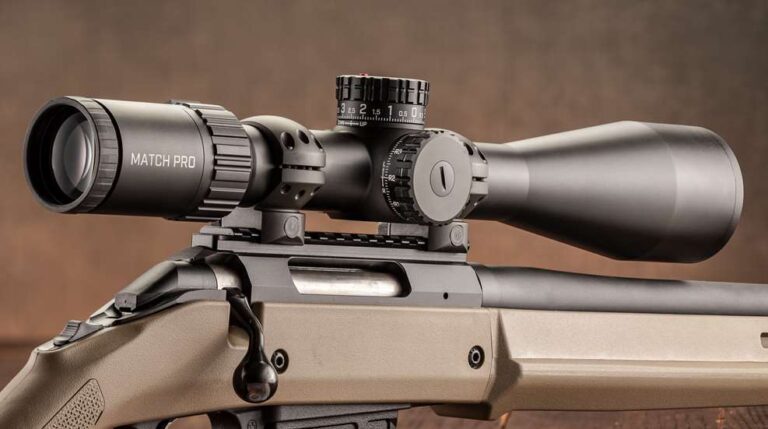Top 5 Questions I Get as a Gunwriter
Top 5 Questions I Get as a Gunwriter
When it comes to making a living, is the pen mightier than the sword … um, gun?

I seem to have the most interesting job in the room at any given party. Prior to entering the firearms industry, I’d never met anyone who hunts and shoots for a living. Honestly, at times even I have trouble believing I get paid to do this. The life of a gun writer is a fascinating one, as it takes you to places that were previously out of reach and gives you an intimate role in product development. I have a few questions that have become my favorite to answer. For the most part, these are also the most reoccurring inquiries. Here are the top five:
1. Do you get to keep the guns?
Above all, most interviewers are curious as to the amount and frequency in which we receive “free” gear. Well, as the adage goes, nothing in life is free. The products that we accept are to be used to generate stories or test and provide feedback. If the item isn’t a consumable (like a firearm or optic), then it is returned on an agreed-upon date.
After this period, often there is an opportunity to buy it at a discount (it is used, after all), but if demand is high for that particular item, that isn’t always an option. As for keeping items like these at no cost, occasionally that does happen, but it isn’t by any means a “gift” or even payment for a job well done. Manufacturers typically let gear sit with a writer under the assumption that it will continue to live in our publications’ pages in additional and associated reviews.
2. What do you do when you get a bad product?
Some reviewers will make a “trash video” hoping to get a bunch of clicks and earn revenue. I won’t, and here’s why. First, it doesn’t do the manufacturer or their viewers any justice. Even Rolls-Royce lets a lemon or two slip through QC, so it’s not fair to let that one-off defect represent the entire product line, let alone the brand.
When I receive a poor-quality item, I contact the manufacturer, express my concern, and see if it can be remedied. On many occasions, my feedback has identified and corrected problems before a product has gone into full-scale production. I then receive the revised item and evaluate it appropriately.
If, for whatever reason, the product still exhibits issues but remains effective for its intended purpose, I’ll note this in my review. However, if it is still unacceptable for production, I will return the product and drop the assignment. (As an aside, this is the reason why seemingly all gun reviews are positive, as top-tier writers simply refuse to work with junk.)
Do I miss the money? Not a chance. If you’re a good writer, hundreds of companies will want to work with you. Typically, I have more than 50 projects in queue at any given time.
3. How’d you get into that line of work?
Although many of us knew gun writing was our end game, I didn’t realize it was the right place for me until my early thirties. After starting a successful firearms training company, one of my equipment sponsors suggested putting my experiences with the gear into writing. Blending his advice with the knowledge I obtained from the one technical writing class I was forced to take in college, I put together a writing sample that impressed at least one editor.
From there, I invested in my craft, learned where commas belong [Editor’s Note: You sure about that, Frank?], and branched out to write for as many publishers as possible. Networking and persistence were the keys to this element of my success, and I’m proud to say that I now write for at least one editor who originally told me I wasn’t up to snuff for their pages. Above all, I’m blessed with a passion for this career, as it keeps me obsessed with personal improvement and advancement.
4. What’s your other job?
Although slightly insulting, this is a fair question to ask. It’s tough to make a living on writing alone. The beauty of freelancing is that you can do as much or as little as you like. For several years, I worked a proverbial 9-5 whilst engaging in gun writing (this is in addition to running Renaissance Firearms Instruction). Many of us do, as limited range time and family obligations make it tough to turn in enough work to sustain a household. As time went by, I developed my time-management skills, got more done during my range days, and learned to speed up my typing. This resulted in my ability to submit 4-5 pieces a week, thus allowing me to retire early from my “day job.” So, aside from teaching students how to shoot and instructors how to teach, I do not have a job outside of the firearms industry.
5. Ever been to a bad hunt or range event?
Oh my, yes! I won’t name names, but I’m reminded of a sham deer hunt filled with jury-rigged tree stands, guides who didn’t know what county we were in, and, of course, next to zero deer. This posed a challenge as I was to test the field effectiveness of a new type of ammunition.
As for range days, with all the work that goes into planning them, they are typically held rain or shine. I’ve shot in monsoons, blizzards and extreme desert heat—often all in the same month. An unfortunate part about reporting on outdoor gear is having to be outside, all year long, anywhere across the globe. A perpetual optimist, I use these occurrences as extreme tests and always include how the equipment performed in these conditions.







